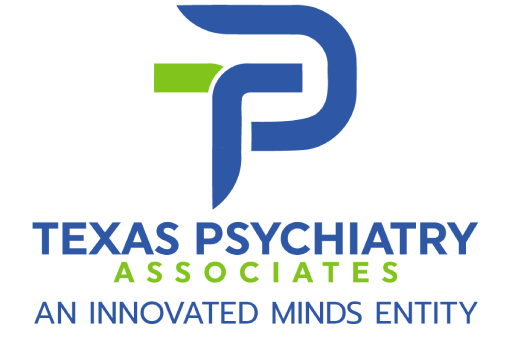What Is Anxiety and How Can You Deal with It?
Being anxious, nervous, and stressed is normal for every human being at different points of life. Preparing to engage in an activity or be involved in a situation where the outcome is uncertain will up your stress hormones and cause anxiety. However, it does not mean that every time you feel a bit anxious you should seek anxiety treatment near you. It is only the case if your anxiety manifests with severe symptoms and prolongs for several weeks to months.
What Is Anxiety?
It is a condition of excessive fear and stress that causes you to panic. Anxiety can strike during everyday activities and if persistent, resulting in panic attacks that manifest as fast heart rate, difficulty breathing, chest pains, fast breathing, and sweating. However, it is not always the case that anxiety will cause panic attacks.
According to Dr. Syed Quadri, anxiety should be a normal and natural response of your body to stressful situations. For example, when preparing for public speaking, you may have anxiety regarding the apprehension of your performance in front of a crowd. After your presentation, your anxiety will wear off on its own. However, in cases where the feelings of anxiety continue for extended periods, it could mean you have an anxiety disorder, which requires treatments by a psychiatrist in Richardson.
What Are Anxiety Disorders?
Anxiety disorders are conditions that cause you to be in constant fear, enough to be debilitating. For a disorder, you need to see a psychiatrist in 75082 because the fear can limit you from going about normal life routines, including enjoying your hobbies or the company of your friends. Further, when untreated, anxiety disorders get worse with time. The more you expose yourself to triggering environments or activities, your anxiety will worsen. It means that the symptoms you start experiencing will be progressive and worse as the disorder advances.
The Types of Anxiety Disorder
Various health issues can cause anxiety. The following are common disorders that feature anxiety:
- Social anxiety – is a fear of social interactions to avoid judgment, bullying, or other outcomes.
- Post-traumatic stress disorder (PTSD) – is anxiety that develops after a traumatic experience like a car accident, war, or acts of violence.
- Separation anxiety – is a fear of missing out when separated from loved ones. It is common among children.
- Obsessive-compulsive disorder – is a recurring obsession over certain things, causing a repetition of behavior. OCD is centered around these like cleanliness vs. germs or organization vs. clutter.
- Phobia – is an excessive fear of a particular thing or object. For example, you may have Arachnophobia, an intense fear of spiders.
What Causes Anxiety?
Medical experts and researchers are still on the hunt for the specific cause of anxiety. The general idea is that anxiety results from a combination of factors. Some of the things that can trigger anxiety are in your surrounding, while others are imaginations in your mind. Previous experiences too, can shape your perspectives and be the underlying cause of your anxious mind.
Aside from that, researchers have found that brain chemistry plays a significant role in anxiety disorders. For example, autistic people are more likely to have anxiety disorders than people without autism. Besides, genetics can also contribute to your feelings of anxiety toward specific situations.
Symptoms of Anxiety
The primary basis for a psychiatrist near you to treat anxiety is the symptoms you experience. They provide a guide for the severity of your anxiety. Patients experience anxiety differently. Some common symptoms of anxiety are:
- Butterflies in the stomach
- Racing heart accompanied by intense fear.
- Sweating chills and hot flashes.
- Out-of-body feelings
- Feeling of losing control – as if there is a vivid disconnect between your brain and body.
- Nightmares and difficulty falling asleep.
- Panic attacks
- Numbness
- Difficulty concentrating
- Dizziness, lightheadedness, and fainting.
Once your doctor analyzes the symptoms you have, he/she will take a series of tests to diagnose the problem. Usually, anxiety disorders cannot be diagnosed in one session. It takes repeated episodes for a doctor to conclude that you have anxiety disorders.

